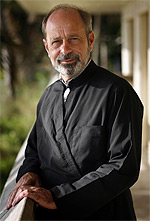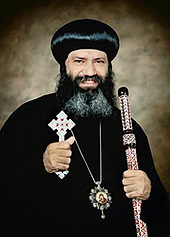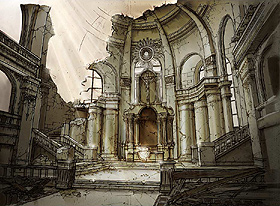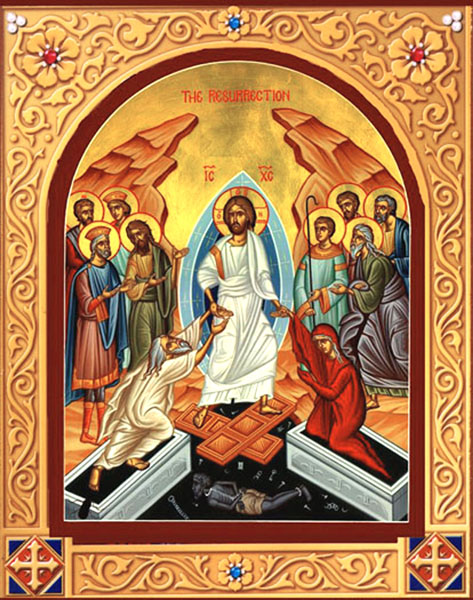 The Paschal Homily of St. John Chrysostom is read at the end of Orthros (Matins) at Pascha, the feast of the Resurrection of Jesus Christ, universally throughout the Orthodox Church. It was composed sometime during his ministry in the late 4th or early 5th century. St. John’s Sermon is traditionally read to the faithful near the end of the Paschal Matins, before the Paschal Liturgy begins.
The Paschal Homily of St. John Chrysostom is read at the end of Orthros (Matins) at Pascha, the feast of the Resurrection of Jesus Christ, universally throughout the Orthodox Church. It was composed sometime during his ministry in the late 4th or early 5th century. St. John’s Sermon is traditionally read to the faithful near the end of the Paschal Matins, before the Paschal Liturgy begins.

“If anyone is devout and a lover of God, let him enjoy this beautiful and radiant festival. If anyone is a wise servant, let him, rejoicing, enter into the joy of his Lord. If anyone has wearied himself in fasting, let him now receive his recompense.”
If anyone has labored from the first hour, let him today receive his just reward. If anyone has come at the third hour, with thanksgiving let him keep the feast. If anyone has arrived at the sixth hour, let him have no misgivings; for he shall suffer no loss. If anyone has delayed until the ninth hour, let him draw near without hesitation. If anyone has arrived even at the eleventh hour, let him not fear on account of his delay.
For the Master is gracious and receives the last, even as the first; he gives rest to him that comes at the eleventh hour, just as to him who has labored from the first. [Read more…]
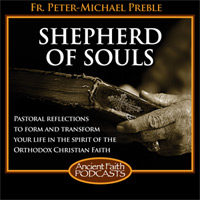
 Mosque at Ground Zero? – 8/18/2010 http://audio.ancientfaith.com/shepherdofsouls/sos_2010-08-18.mp3|titles=Mosque
Mosque at Ground Zero? – 8/18/2010 http://audio.ancientfaith.com/shepherdofsouls/sos_2010-08-18.mp3|titles=Mosque

